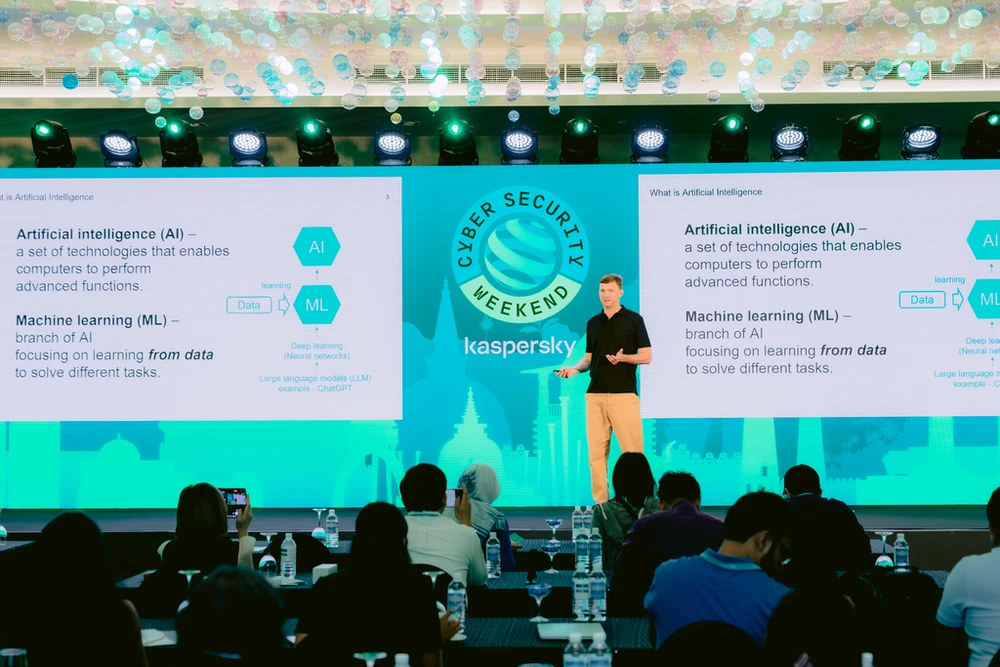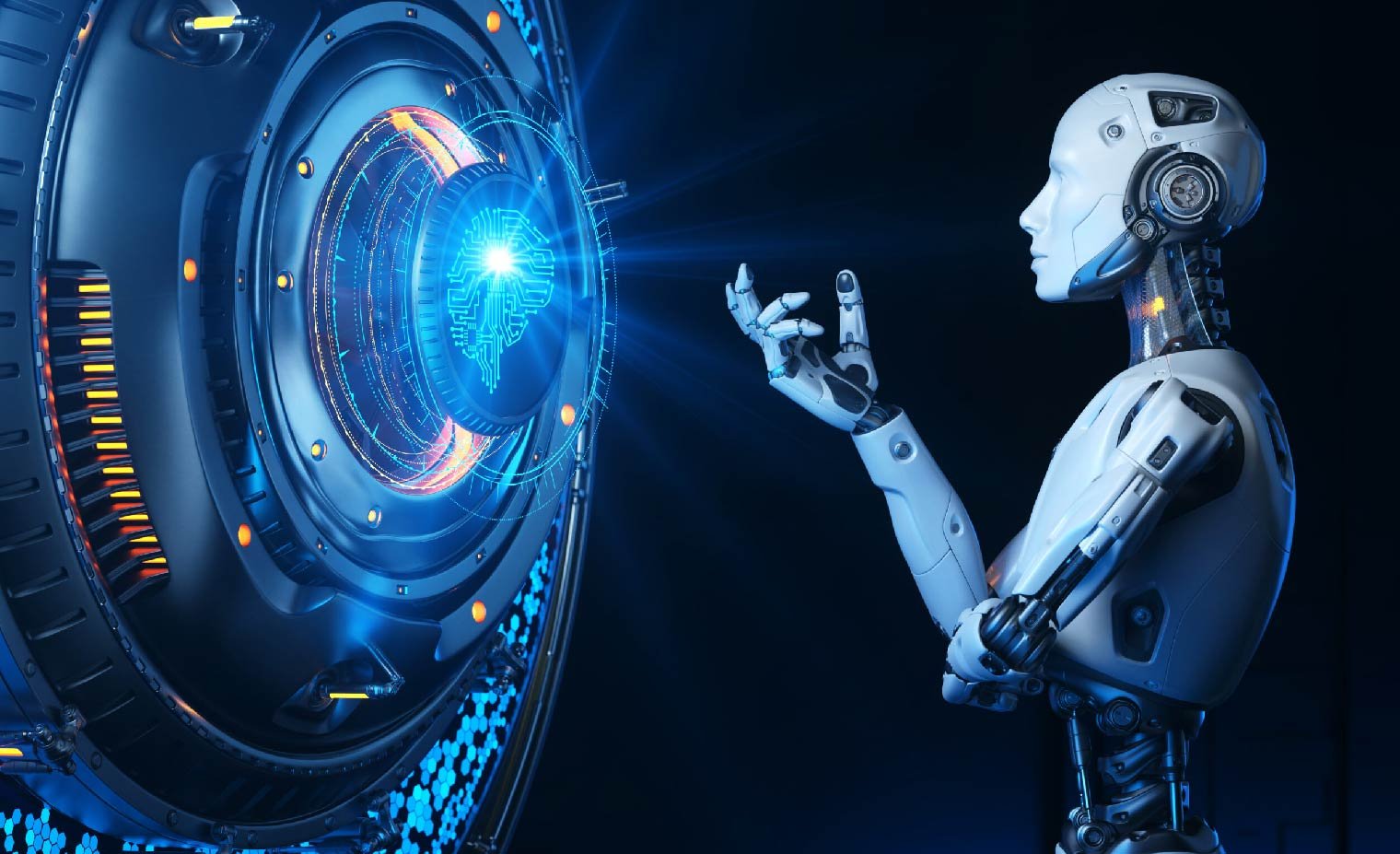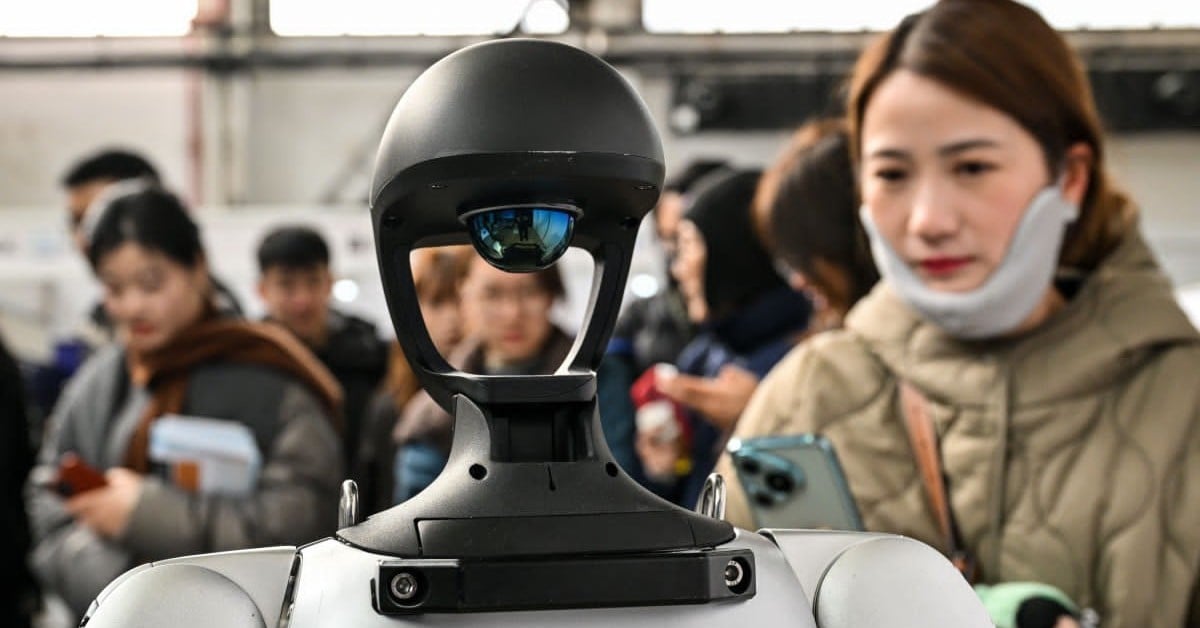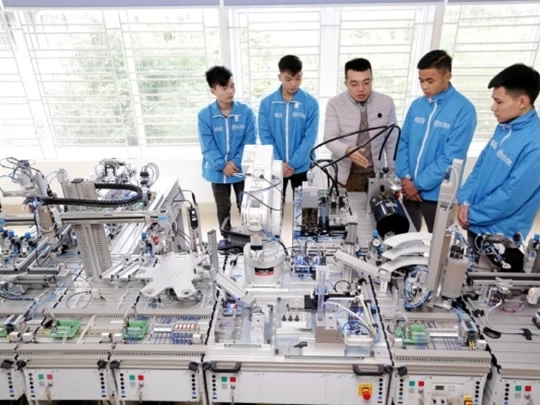As AI becomes more accessible, with more and more individuals and businesses using AI through common tools… hackers can also automate attacks, speed up operations, and deploy more complex campaigns to achieve their illegal goals.

Here are the types of attacks that Kaspersky has observed: ChatGPT can be used to develop malware and automatically deploy attacks to multiple victims; AI programs infiltrate users' data on smartphones and, through the process of analyzing sensitive data, can completely "read" messages, passwords and banking codes of victims; Swarm intelligence algorithms help automated computer networks (bonets) restore malicious networks that have been eliminated by security solutions.
Kaspersky’s research on using AI to crack passwords shows that most passwords are encrypted using hashing algorithms like MD5 and SHA. Accordingly, a simple operation can transform a password into a stream of encrypted text, but reversing the whole process is a big challenge.
Through AI, bad actors can exploit fraudulent content, including text, images, audio, and video, to launch social engineering attacks. Large language models such as ChatGPT-4o are used to create highly sophisticated phishing scripts and messages. Overcoming language barriers, AI can write a genuine email, based on information on social networks. AI can even imitate the victim's writing style. This makes phishing behavior even harder to detect.
At the same time, Deepfake has emerged as a “problem” in cybersecurity, although it was previously considered a product of scientific research. Impersonating celebrities for financial gain is the most common method, followed by scammers using Deepfake to steal accounts, impersonate friends and relatives of victims to steal property.
In addition to exploiting AI technology for illegal activities, bad guys can also attack AI algorithms. Such as “prompt injection” attacks by entering malicious commands into large language models, even going against previously restricted rules; Adversarial attacks by adding hidden information fields to images or audio, to affect the image classification ability of machine learning systems.
AI is increasingly integrated into every aspect of human life, from Apple Intelligence, Google Gemini to Microsoft Copilot. Therefore, addressing AI vulnerabilities should be a top priority. Kaspersky has been using AI technology to protect customers and partners for many years, continuously searching for vulnerabilities in AI systems, increasing the resilience of the system, and actively researching cyberattack techniques to provide reliable protection against AI attacks.
KIM THANH
Source: https://www.sggp.org.vn/nhieu-thach-thuc-cua-ai-trong-thoi-dai-moi-post754401.html













































Comment (0)